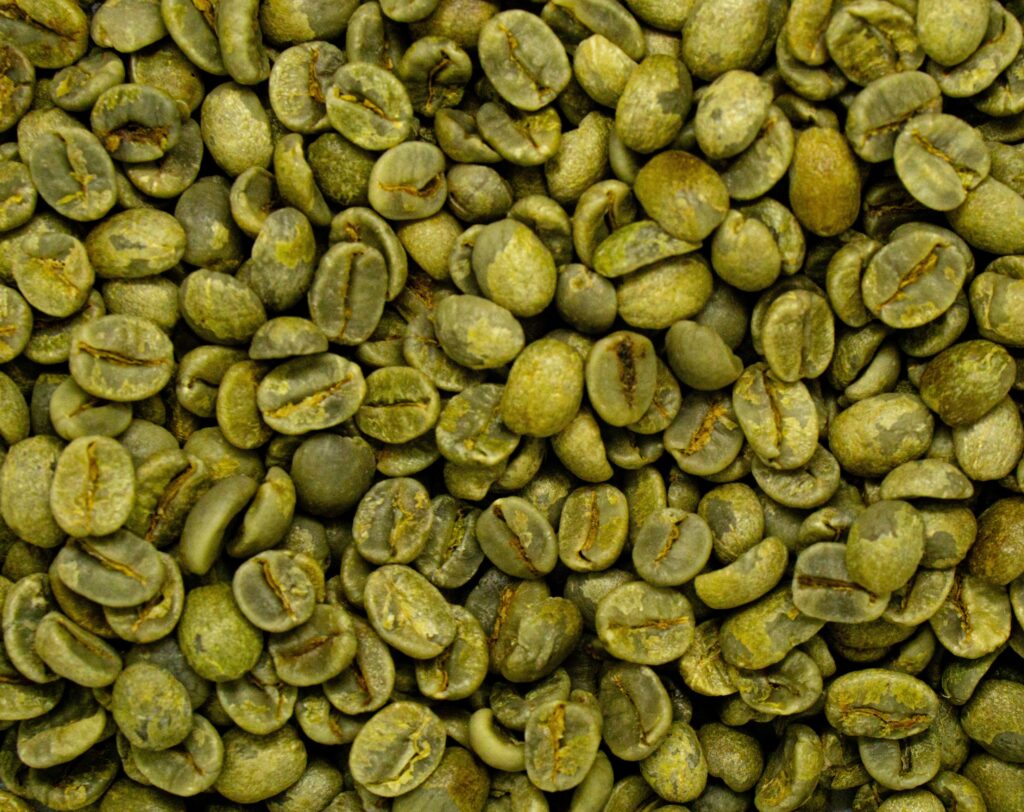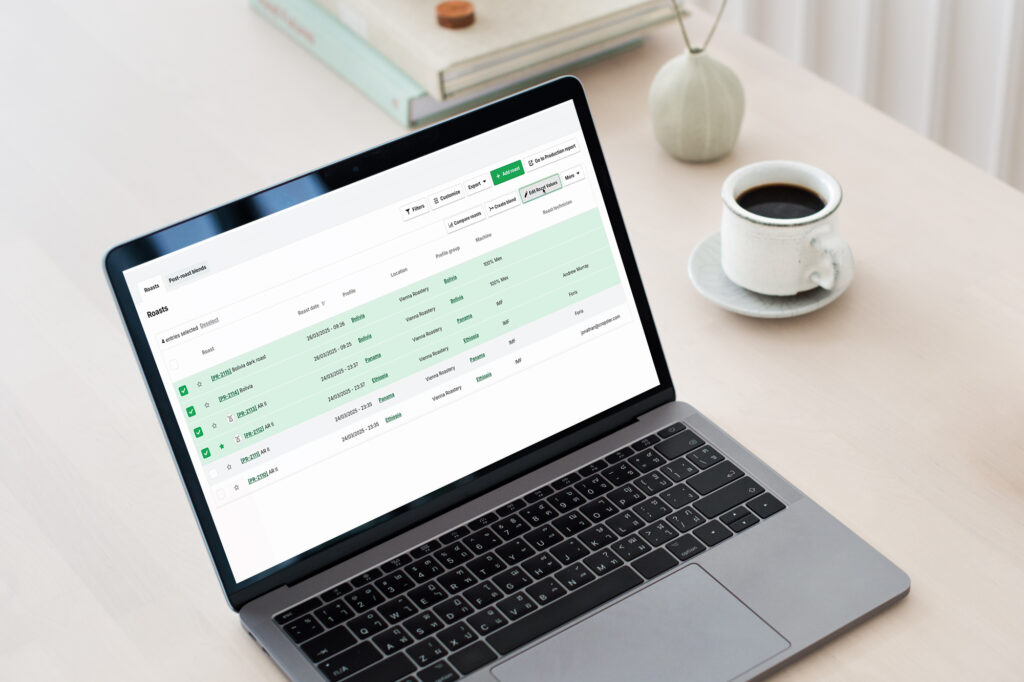Kaffee Panel Series – Part 4: Dario Stoop
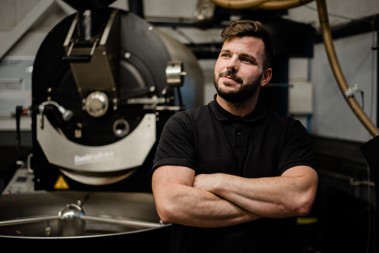
| Roast

Roasting expert: Dario Stoop
Roasts at: Henauer Kaffee
City / Country: Höri / CH
Roasting machine: Giesen W6
Green coffee: Asefa Bensa, Daye Bensa Farm, Ethiopia
Kaffee Panel Review: 89,57 points
Dario Stoop’s passion for the barista profession was sparked in 2010 when he was served a coffee with latte tulip art in a small neighborhood café in Zurich. His subsequent preoccupation with coffee earned him the Swiss championship title in cup tasting in 2019. Dario Stoop has been the roaster and quality manager for Henauer Kaffee since April 2019. He took second place in the “Various preparation” category in the Africa Edition of the Coffee Panel with an Ethiopian filter coffee that received 89.57 points.
Selection and preparation of the green coffee
Henauer Kaffee has several African coffees in its P14 Specialty Line. It only includes coffees that are rated 87 points or higher in this range. Making the right choice for the Kaffee Panel competition was no problem for Dario Stoop:
“We knew from the start that we would like to compete with the Asefa Bensa from Ethiopia. It embodies the best of both worlds, the acidity of a washed coffee and the fruitiness of a natural.”
Dario Stoop, Henauer Kaffee
The Daye Bensa Farm is nestled in an older natural forest. On the farm, they also plant shade trees to maintain the fertility of the soil and natural shade. The coffee grows at an altitude of 1900 to 2100 meters and the drying time on the loft beds is 10-12 days. The cherries are processed as red honey.
Approach, objectives, and profile development
In the Henauer roasting facility, different types and sizes of machines are used, including a Giesen W6 and a Probatone 25. This means they can roast with different batch sizes to get the best from the beans. However, roasting profiles cannot simply be transferred between machines. That is because the taste is fundamentally different from machine to machine. At Henauer Kaffee, tastings are continuously carried out between the individual batches in order to achieve a consistent result.
“It is impossible to get exactly the same taste on different roast machines. Every time you notice a difference between the coffees, it depends on which machine we roasted it on. “
When a new Giesen W140 roasting machine had to be replaced in November 2019, Cropster offered good support in converting 25 profiles:
“With Cropster’s help, we could transfer the profiles a lot faster, more precisely and with less waste.”
Specialty coffees like the Asefa Bensa are roasted directly on the Giesen W6 machine at Henauer Kaffee. The experience with Red Honey coffees from previous roasts provided a starting point. For the sample roasts, they experimented with coffee. They tested shorter, quicker roasts in combination with a longer and shorter development time to see the effect on the coffee’s development. Dario did three sample roasts in total. The aim was to get a coffee with a great deal of complexity. In the past, they achieved this goal with a roasting time of less than 8 minutes. From the outset, the focus of the sample roasting was on the goals of the competition.
“We concentrated more on the final cupping of the Kaffee Panel jury and roasted it accordingly.”
The aim was to get a coffee with a strong taste after the first sample roasts and tastings, in which the fruitiness of a natural is on an equal footing with the floral character and the pleasant acidity of a washed coffee. The result is a coffee with a very complex taste. Besides the powerful aroma of dark berries, there are citrus and orange notes that are reminiscent of bergamot. Black tea is present in the aftertaste. At the same time, the aftertaste is long-lasting, sweet and clean.
Description of the roasting process
The coffee awarded in the Africa Edition was roasted with a batch size of 3 kg on a Giesen W6 roaster. Dario Stoop considers this quantity to be perfect for this roast machine in the specialty coffee segment.
The roasting process started with a high temperature. The roasting curve gently decreased towards the end. At the turning point, they added more heat to get a strong starting point for the drying phase. The drying phase takes about 3.5 minutes. The subsequent Maillard phase ran over 3.5 to 4 minutes. During this phase, the gas and thus the power were continuously reduced. From the first crack onwards, the roasting continued with no significant manual input.
“Our goal was to roast the coffee rather lightly.”
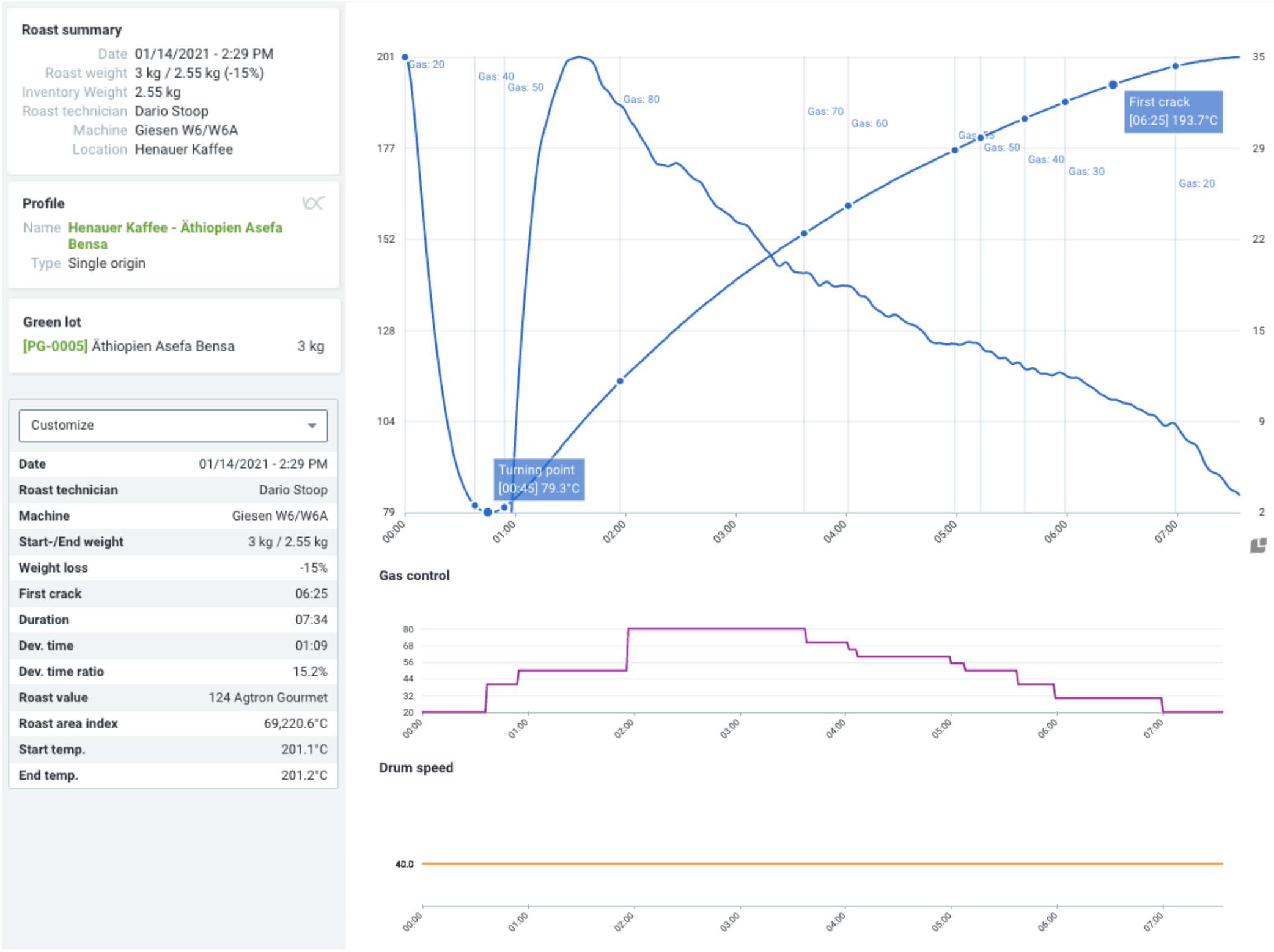
The roasting curve of the Kaffee Panel Roasting Latin America by Dario Stoop, Henauer Kaffee
Analysis of the roasting and tasting result
Philipp Schallberger was particularly struck by the fact that Dario Stoop roasted this coffee directly with an eye on the cupping and the competition. In terms of taste, it was the most complex coffee in this category and, as a result; he rated it as highly as Sebastian Kohrs’ coffee from elbgold, which took first place in this category. The many fruit notes were decisive for its high rating.
“It was like a fruit punch. The interplay of the taste with the sweetness and the acidity was exciting, and I was very surprised at how fast the roasting was. “
Philipp Schallberger, Die Kaffeemacher
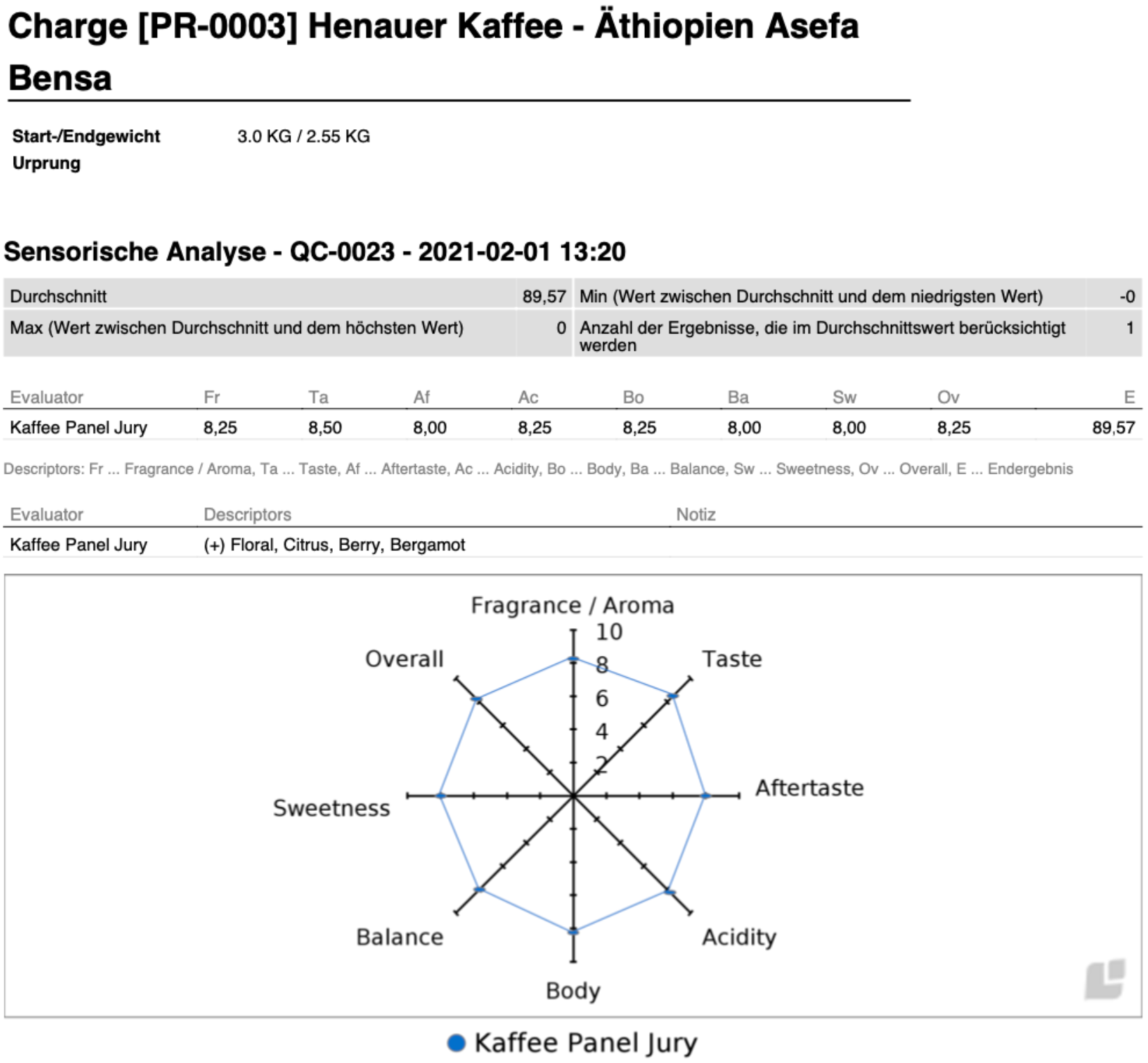
The result of the tasting of the Latin American Kaffee Panel jury for Henauer Kaffee
Because the Giesen W6 can handle smaller batches well, it offers the possibility of shorter roasting times. Because of the short roasting, the taste notes and the aroma could develop very intensely.
“In addition, a very high texture was recognizable, which is also rather unusual with such a short, intensive roast.”
Returning to the preparation of this coffee, Philipp Schallberger concluded that they clearly worked it with great care and attention to detail. He attributes the sweetness to the high quality of the green coffee, which is brought out by the short roasting time. The development of the acidity is attributed to the roasting process.
“The acidity, however, comes from a very fast and steep roast, a very high rate of rise.”
Thanks to the excellent quality of the green coffee and the excellent roasting, the result is a very well-balanced coffee with a high degree of complexity in taste.
Thank you Dario Stoop and Philipp Schallberger for your interesting insights into the Africa Edition of the Kaffee Panel and your willingness to share some details about the roasting process, the analysis and the assessment with us.
You can watch the entire webinar on the Cropster website: “Cropster & Kaffee Panel 1: Interview with the Top Roasters Live (Africa & Latin America)”.
For more information on the Kaffee Panel and the announcement of the editions and placements, visit https://kaffee-panel.org/ or the coffee makers’ YouTube channel.
